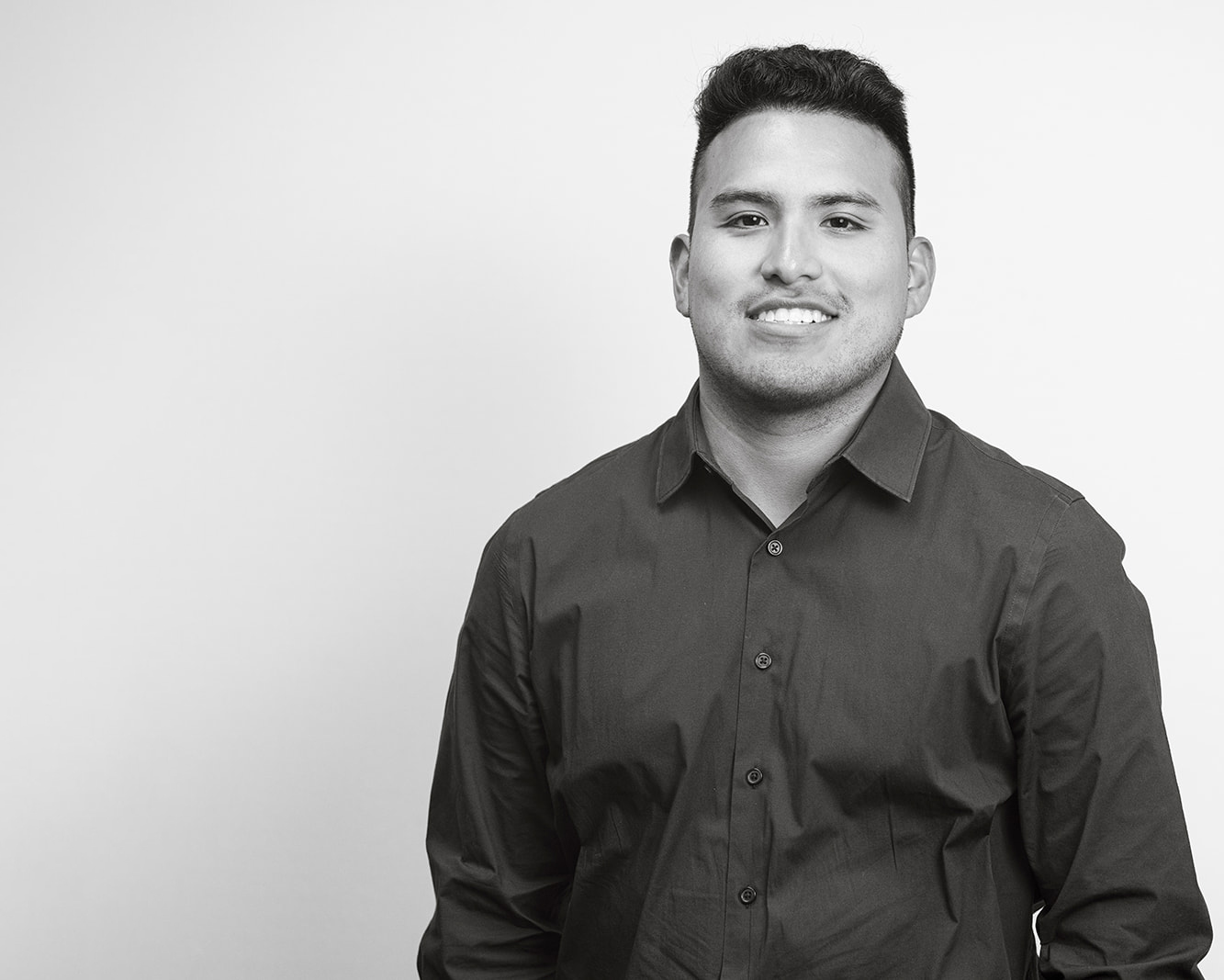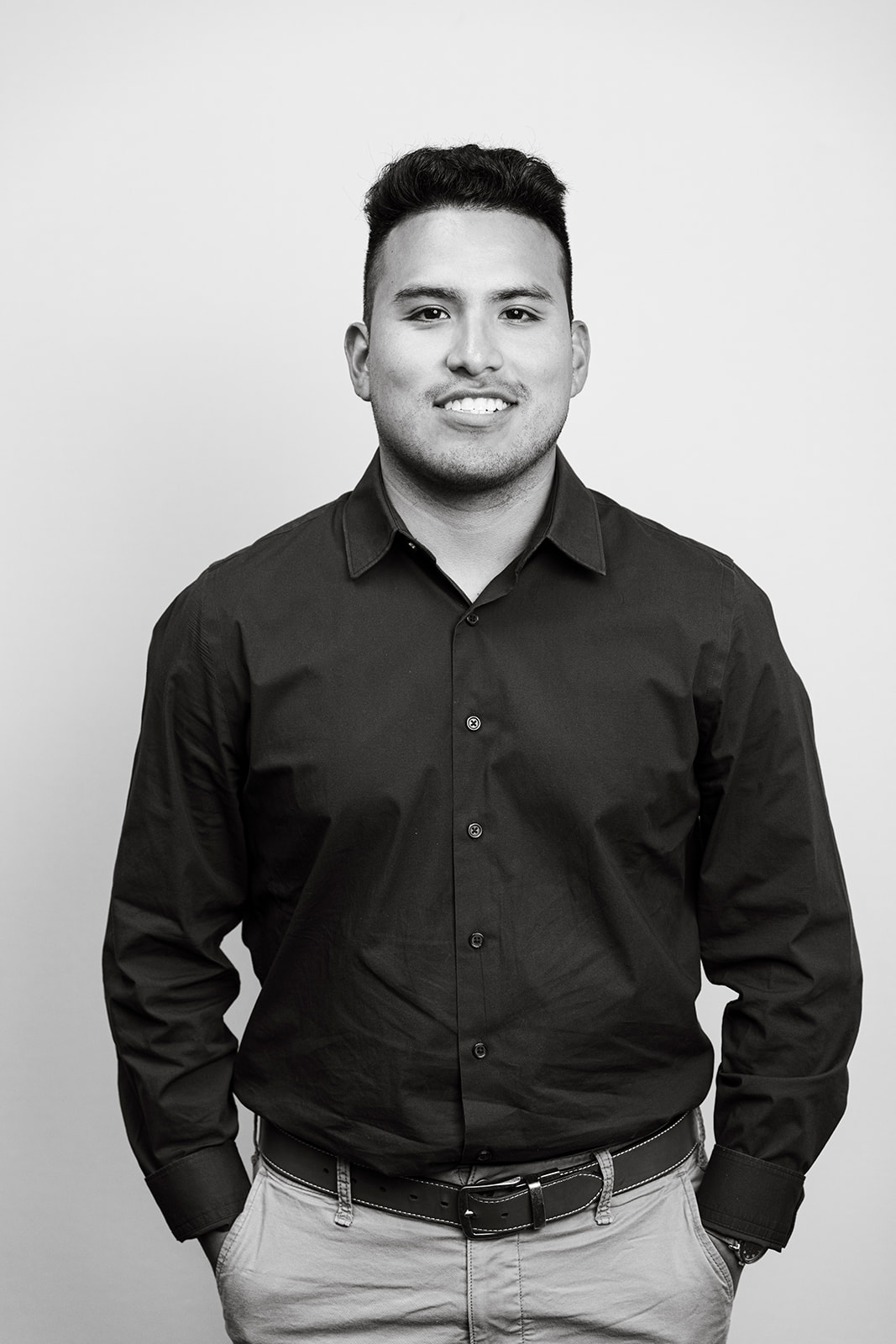
A Crisis in Behavioral Health:
Meeting the Challenge through the Mentored Internship Program
The U.S. faces a critical shortage of behavioral health professionals. This shortage disproportionately affects vulnerable populations, limiting access to timely and culturally competent care. To address this gap, La Clínica adopted the Mentored Internship Program, designed to create a sustainable pipeline of qualified, bilingual, and culturally competent clinical staff.
The Mentored Internship Program offers opportunities for students 18 and older, at various stages of their education, to gain practical on-the-job training under the guidance of experienced clinical professionals. Through a blend of classroom learning and supervised clinical practice, interns develop practical skills and gain exposure to diverse patient populations in real-world settings. La Clínica actively recruits interns from diverse backgrounds to enhance cultural competency and improve access to culturally sensitive care.

Two years ago, we had a small number of applicants and didn’t fill all our slots. Conversely, this year, we had six applicants for every slot in the master’s level program.
—Nancy Facher, La Clínica Chief of Behavioral Health
The program includes master’s-level clinical training, bachelor’s-level training, and monthly dinner seminars that provide undergraduates with an overview of social work and behavioral health career opportunities. Featured speakers share their professional journeys, and peers foster a sense of community and support among students. The program has seen remarkable growth, with increasing applicant quality and quantity. Nancy Facher, Chief of Behavioral Health at La Clínica, notes, “Two years ago, we had a small number of applicants and didn’t fill all of our slots. Conversely, this year we had six bilingual and bicultural applicants for every slot for the master’s level program.”
cultural competency
The program’s success is evident in the stories of its participants, like Steve. Steve’s journey in behavioral health began as an undergraduate at Chico State, where he was drawn to the intense work of crisis counseling. At a sexual assault intervention and response agency, he took his first steps, answering calls on a crisis hotline and guiding survivors through their darkest moments. His work continued at a domestic violence shelter, where he was on the front lines, helping residents navigate legal complexities and providing crisis support. As the only bilingual counselor at the shelter, Steve bore a unique responsibility, serving every Spanish-speaking individual who walked through the doors.
Steve applied to UC Berkeley’s Master of Social Work program and sought an internship that would allow him to continue working with the Latinx community. This search led him to La Clínica’s Casa del Sol, a community behavioral health program that has been serving Alameda’s Spanish-speaking communities since 1973. At Casa del Sol, Steve found more than just an internship; he found a community of mentors and peers who understood his journey and shared his passion for serving the underserved.
At Casa del Sol, Steve found more than just an internship; he found a community of mentors and peers who understood his journey and shared his passion for serving the underserved.
At Casa del Sol, Steve worked with clients facing severe to persistent mental health challenges, providing bilingual therapy and case management. His work was intense and demanding, but deeply fulfilling. One experience that stands out is his work with a young boy who had requested a male therapist. The client had struggled to open up with previous therapists, but with Steve, something clicked. This connection was a testament to the power of culturally competent care and the impact of having a therapist who truly understands a patient’s background and language.
Now, Steve plans to continue this work, become licensed, and be a clinician who not only provides therapy but also advocates, mentors, and creates safe spaces for those in need. Steve’s journey, like the Mentored Internship Program itself, highlights the importance of addressing the behavioral health workforce shortage by fostering a new generation of skilled, compassionate professionals. Through structured training, mentorship, and a commitment to cultural competence, La Clínica has made significant strides toward a more equitable and effective behavioral healthcare system.

